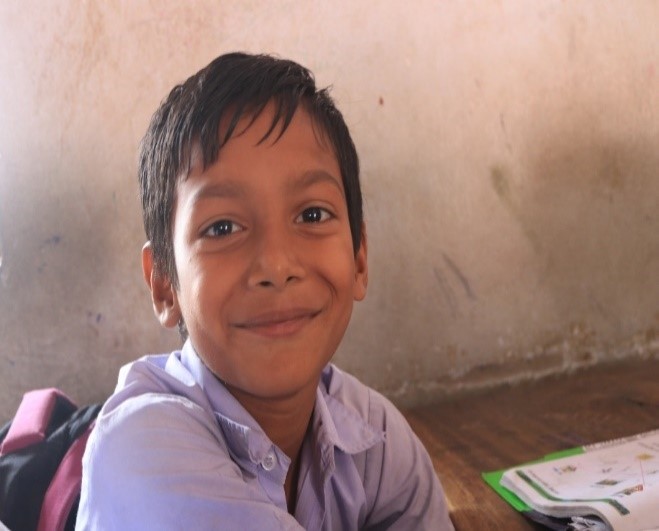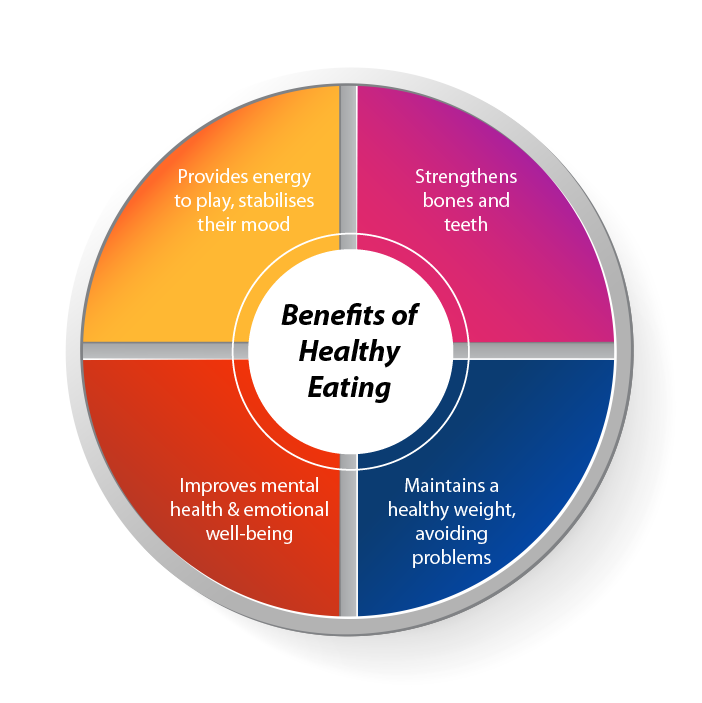Indian Republic Day, celebrated on 26th January every year, is a moment of pride for all Indians. On this day in the year 1950, the Constitution of India came into effect, and our nation was declared a republic. This day reflects the Preamble, which states ‘equality’ as one of its objectives, along with justice, liberty and fraternity.
This special occasion every year reiterates the inclusive progress of all Indians, the fundamental rights of a citizen and everyone’s responsibility to uphold these values for our nation’s progress.
Certainly, we have come a long way in 73 years. Because of our innumerable achievements, India is now considered one of the most influential countries in the world. Additionally, to further the motives of democracy, we also follow a system of equal rights and opportunities for everyone without discrimination against any section of our society.
The role NGOs in India play
To reach remote corners and improve the living conditions of ‘less provided for’ sections of our population, the Indian Government and the NGOs have been at work for seven decades.
One such Government-backed non-profit entity is our 22-year-old NGO, The Akshaya Patra Foundation, which has been nourishing children who have little to no access to nutritious meals.
Over the years, we have also been able to support homeless mothers, nursing mothers, pregnant women and disaster victims because of undying support from our donors. Yet, our prime focus remains the Mid-Day Meal Programme (now known as PM Poshan Abhiyaan) that continues to impact the lives of Government school children every single day.
- It boosts academic learning and performance in co-curricular activities such as sports, supporting their holistic development.
- It motivates children’s parents to send them to school regularly, as they are confident that their children will receive the right nutrition every day.
- It improves regularity in attendance and reduces the drop-out rate.
- It builds confidence, compassion and knowledge in children when they socialise with those from different communities while having mid-day meals.
- It eliminates deficiencies in children and empowers women through employment.
We are currently feeding 20,10,516 (2 million) children in 22,367 Government and Government-aided schools every day and have served 24 crore meals so far! We make all our meals in 65 kitchens, following international standards of hygiene and quality, in 14 states and 2 union territories across India.
Support high-quality food for children this Republic Day
Every child is a repository of talents, skills, dedication and aspirations. They are the future decision-makers of India. They only need enough opportunities and high-quality nourishment, daily, to reach their highest potential.
So, let’s continue to ensure that every child is at school so that they grow up into empowered citizens of the country. You can impact their lives by donating to charity, starting a fundraiser or becoming a CSR partner.
Support Akshaya Patra for India’s bright future this Republic Day.












